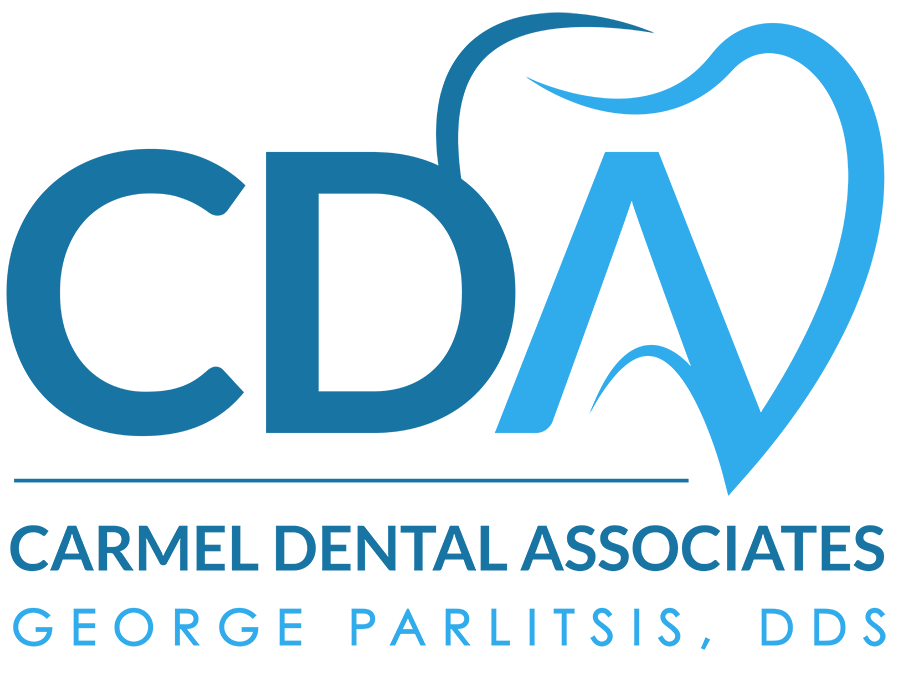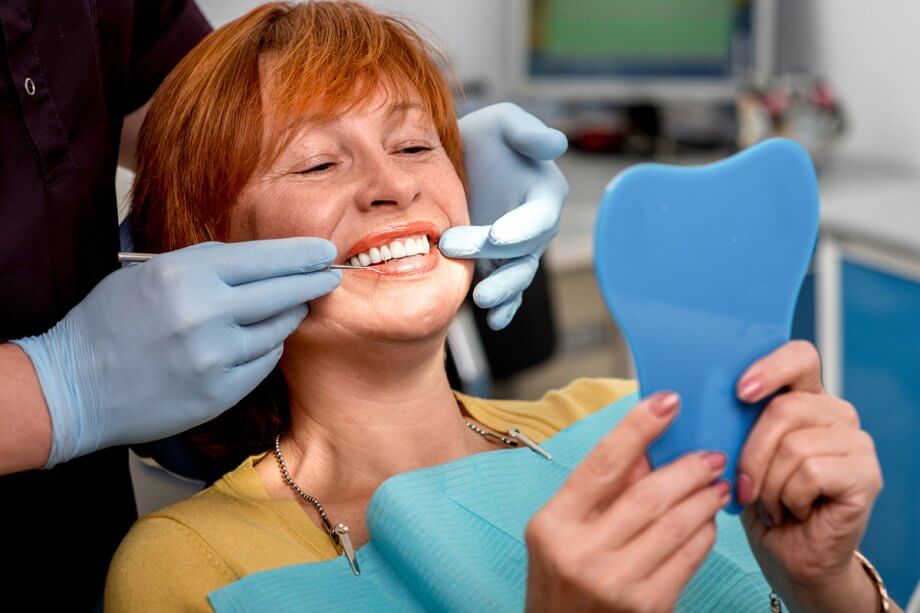Dental implants are an investment in your smile, confidence, and overall oral health. After surgery, proper care and cleaning play a critical role in ensuring your implants heal correctly and last for years to come. But knowing where to begin can be overwhelming, especially when you're recovering.
This guide covers everything you need to know about cleaning your dental implants after surgery, providing expert tips to maintain impeccable oral hygiene and keep your smile looking its best.
Follow Your Dentist’s Post-Operative Instructions
Your dentist is your most valuable resource for recovery after dental implant surgery. Following the specific aftercare and cleaning instructions they provide is essential to a safe and successful healing process.
Dentists typically recommend using a gentle mouthwash as part of your oral care routine following surgery. Alcohol-free mouthwashes are particularly beneficial because they help prevent irritation to sensitive tissues while keeping the area clean.
Your dentist will likely advise that you avoid brushing directly around the surgical site for the first 24 to 48 hours. This waiting period gives your gums time to recover without interference. Instead, focus on gently rinsing your mouth and cleaning other parts of your teeth during this time. By closely adhering to your dentist’s instructions, you significantly reduce the risk of infection and other complications, laying the foundation for the long-term success of your implants.
Use Special Tools for Implant Cleaning
Dental implants require a modified approach to oral hygiene. While traditional brushing and flossing methods work well for natural teeth, implants thrive best with specialized tools designed to ensure thorough cleaning.
Here are the top tools to include in your cleaning routine:
Soft-Bristled Toothbrush
A soft-bristled toothbrush protects your delicate gums and implant surfaces while effectively removing plaque. Unlike stiff or medium bristles, softer options clean without scratching or irritating the area around the implant.
Interdental Brushes
These small, wire-based brushes are ideal for cleaning the spaces between your implants and adjacent teeth. They offer better precision than regular brushes, allowing you to reach areas that could easily trap food particles or bacteria.
Water Flossers
A water flosser is another excellent tool for implant care. It uses a concentrated stream of water to remove debris and plaque from difficult-to-reach spots. This tool works exceptionally well when cleaning around the base of your implant and gumline.
Using these tools as part of your daily hygiene will help keep your smile healthy and significantly reduce the chances of inflammation or infection around your implants.
Be Gentle with Your Oral Hygiene Routine
Gentle care is critical when cleaning your teeth and implants after surgery. Overly aggressive brushing or flossing can irritate the surgical site, which may delay your recovery or even cause harm.
Tips for Gentle Brushing
- Use small, circular motions when cleaning your teeth instead of aggressive back-and-forth scrubbing.
- Pay extra attention to maintaining a soft touch around the gumline and areas near your implant.
Tips for Gentle Flossing
- Slide floss carefully between your teeth instead of forcing it down.
- Avoid applying excessive pressure to the area near the implant to prevent irritation or damage.
Alongside brushing and flossing, make a habit of rinsing your mouth after meals. Use either lukewarm water or an alcohol-free mouthwash to flush away lingering debris. These small, consistent habits will promote oral health and speed up the healing process.
Build an Implant-Friendly Oral Care Routine
A good oral hygiene routine doesn’t stop at brushing and flossing. Incorporate these steps to take an extra layer of care with your implants:
Choose the Right Toothpaste
Whitening and tartar-control toothpastes can be too abrasive for dental implants. Instead, switch to a non-abrasive toothpaste designed to maintain both your natural teeth and your implants.
Avoid Hard or Sticky Foods
Sticky or hard-to-chew foods can put undue pressure on recent dental work. It’s best to stick with soft, nutritious options like soups, mashed vegetables, and yogurt during your recovery period.
Stay Hydrated
Drinking plenty of water supports saliva production, which naturally helps keep bacteria in check and aids in swallowing and rinsing.
Forming a consistent and mindful routine establishes the conditions your implant needs to heal, integrate with your bone, and remain strong over time.
Maintain a Routine Checkup Schedule
Frequent visits to the dentist are just as crucial as maintaining daily cleaning. These checkups allow your dentist to examine your healing progress, monitor for any signs of complications, and perform professional cleanings to remove plaque or tartar buildup.
What Happens at Routine Visits?
During your appointments, your dentist carefully inspects the tissues around your implant to ensure everything is healthy. They may also use special tools to clean areas where buildup is difficult to remove at home.
When To Call Your Dentist
If you experience unusual symptoms, such as swelling, persistent pain, or bleeding that lasts beyond your initial recovery period, contact your dentist immediately. Prompt action ensures that potential issues are addressed before they develop into larger problems.
Regular dental visits are instrumental in keeping your implants intact and your smile healthy.
Frequently Asked Questions About Dental Implants
How soon after surgery can I start brushing my teeth?
You can begin brushing areas away from the surgical site after the first 24 hours. Avoid brushing near the implant until your dentist says it’s safe, which is often between 7 and 10 days after surgery.
Will my dental implants feel like natural teeth?
Once fully integrated, dental implants look, feel, and function very much like natural teeth. Proper cleaning and care ensure they remain stable, comfortable, and last a long time.
At Carmel Dental Associates, we proudly serve the Carmel, NY, community with outstanding dental care. Whether you’re exploring treatment options or need routine dentistry, our compassionate team is here to help you every step of the way. For questions or to book an appointment, contact us today.

